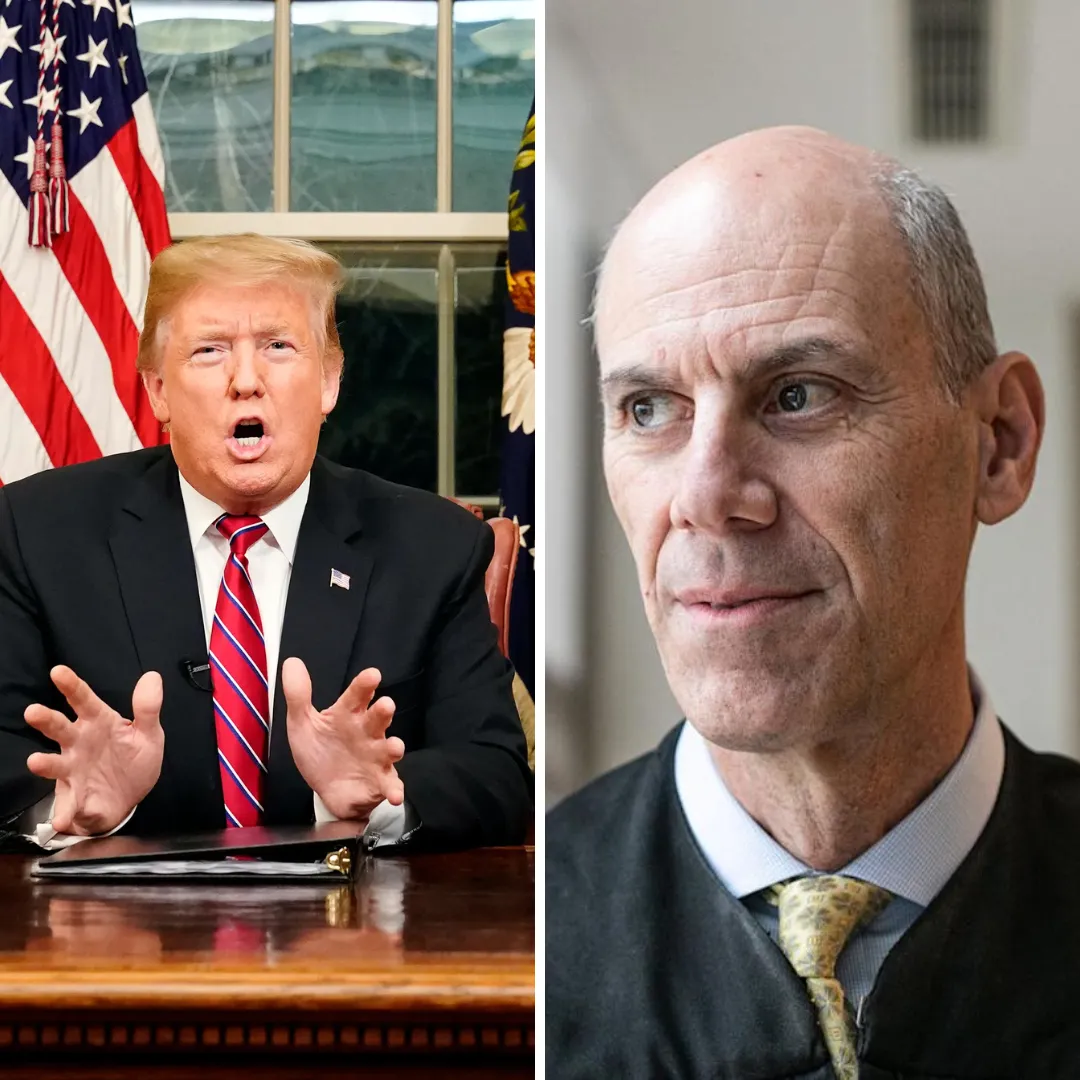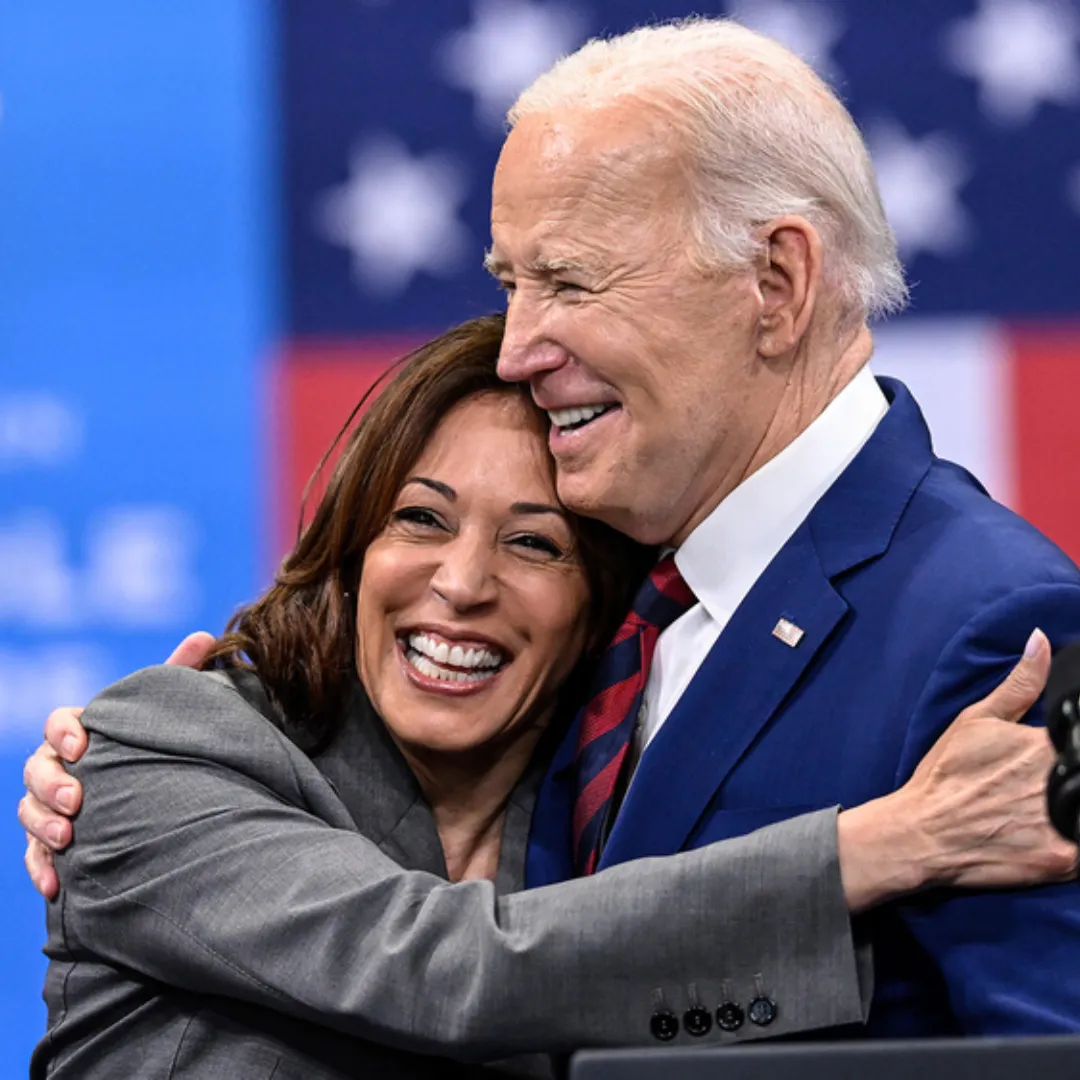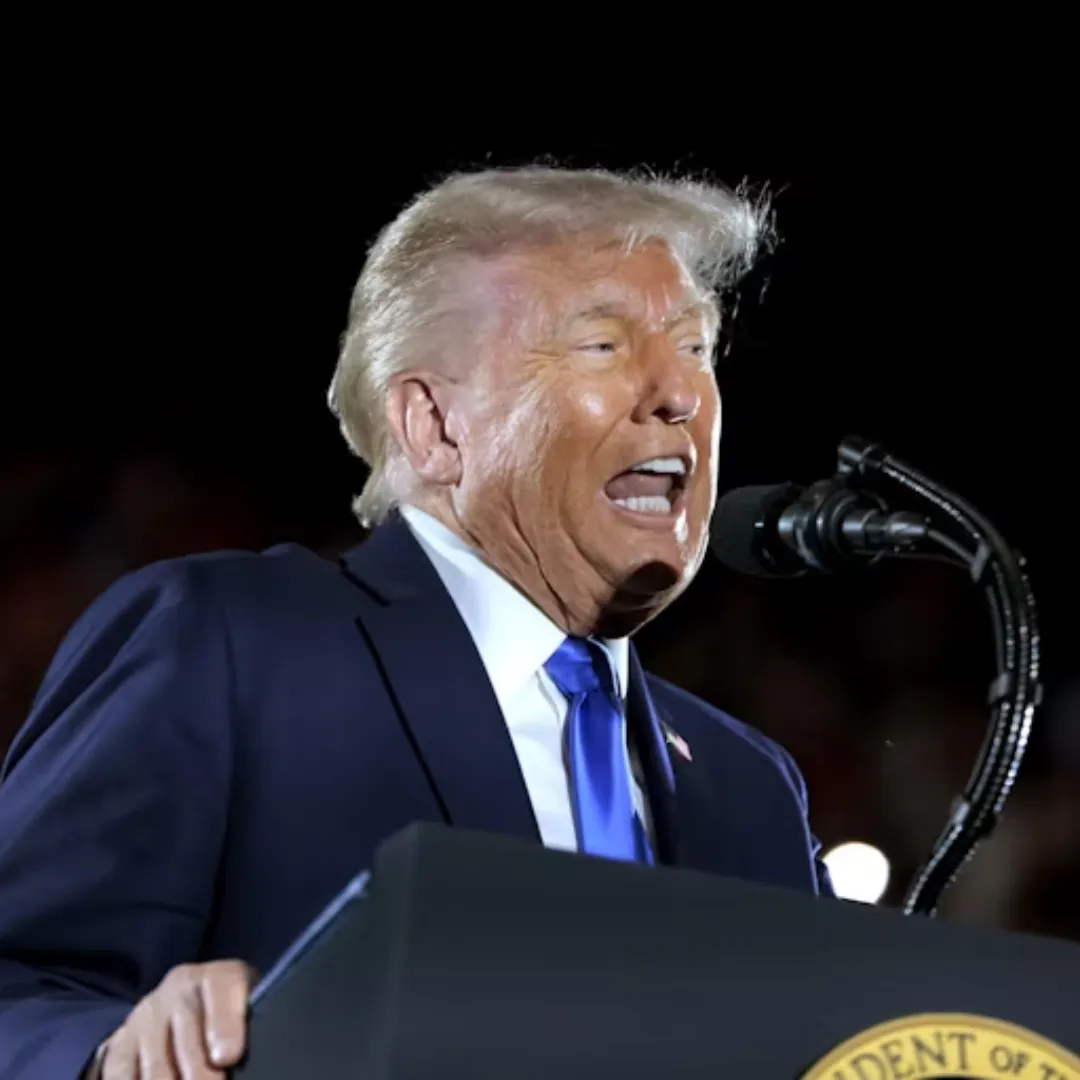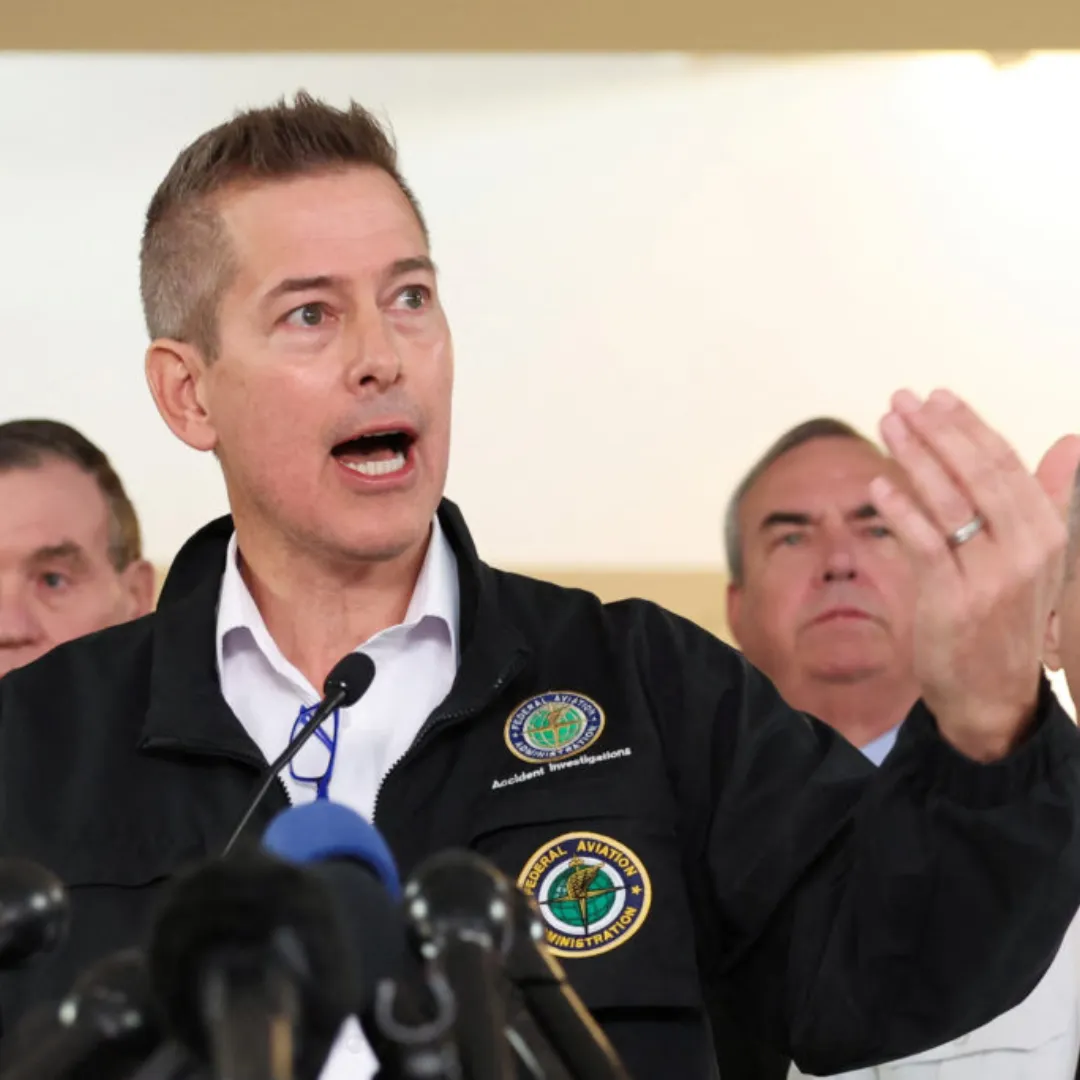In a moment steeped in both history and emotion, the Catholic Church witnessed a monumental milestone on Thursday with the elevation of Cardinal Robert Prevost, a native of Chicago, to the papacy.
Now known as Pope Leo XIV, he becomes the first American-born pope in the Church’s nearly 2,000-year history. His election has stirred deep pride in the United States and Latin America, where he spent much of his career in missionary service, and has already drawn praise from political and religious leaders around the world.
But amid the public reaction, it is the voices of his closest family members that have provided the most intimate glimpse into the man who now leads more than a billion Catholics.
Speaking with ABC News shortly after the conclave concluded, John Prevost, one of the new pontiff’s two older brothers, said that his sibling’s heart and mission will mirror that of the late Pope Francis, who passed away just weeks earlier.
“They’re two of a kind,” John said, reflecting on the shared experiences of the two men. “He’ll be looking out for the disenfranchised, he will be looking out for the poor, he will be looking out for those who don’t have a voice.”
For John, the similarities between his brother and his predecessor are deeply rooted in their shared Latin American experiences—Robert in Peru, and Francis in Argentina—where both men lived among the poor and served communities at the margins of society.
This common background, he suggested, is what shaped their spiritual priorities and pastoral compassion. Asked whether there would be any noticeable difference between Pope Francis and Pope Leo, John was quick to downplay expectations of any sharp shift.
“I don’t know that you’ll see a big difference,” he noted. “I think because they both were in South America at the same time… they had the same experiences in working with missions and working with the downtrodden. So I think that’s the experience that they’re both coming from.” That grounded realism, John believes, will define Leo’s papacy.
John also shared personal memories of his younger brother’s early calling to the priesthood—something he said was evident from childhood. “He always wanted to be a priest,” John recalled, describing how Robert would “play priest” as a little boy.
Their mother would watch as young Robert used an ironing board as an altar, imitating the sacred rituals he admired so much. According to family lore, a neighbor once looked at Robert in the first grade and predicted that he would become the first American pope.
That long-ago comment, once a lighthearted moment in the neighborhood, has now taken on prophetic meaning. Another brother, Louis Prevost, spoke about Robert’s intellect and humility, describing the new pontiff as “down to earth” and “smart as a whip.”
Louis recalled how the brothers often joked about his potential path to the papacy. “We used to tease him all the time—‘You’re going to be the pope one day,’” Louis told ABC News.
“Neighbors said the same thing. Sixty-some years later, here we are.” That moment of jest has now become a remarkable reality that their entire family is still processing.
Despite Robert Prevost’s global ministry, which often took him far from home, the bonds among the three brothers have remained strong. In the days leading up to the conclave, John confided in Robert that he believed he could be chosen as pope.
But Robert dismissed the idea, insisting that such a possibility was far-fetched. “He just didn’t believe it, or didn’t want to believe it,” John said, recalling the humility that has always defined his brother’s personality, even as he climbed the highest echelons of the Church.
As the news of Pope Leo XIV’s election spread, tributes poured in from world leaders, former U.S. presidents, and prominent figures across faith traditions.

Among them was Kathleen Kennedy Townsend, the eldest daughter of the late U.S. Attorney General and Senator Robert F. Kennedy and niece of President John F. Kennedy—the first Roman Catholic to serve as president of the United States.
Townsend offered heartfelt reflections on the new pope’s first public address, delivered just hours after the white smoke signaled his selection. Speaking during an appearance on NewsNation’s “The Hill,” Townsend praised Pope Leo’s words as inclusive and healing.
“He’s a pope for peace,” she said. “He said, ‘All of us are equal. All of us are special under God. We’re all children of God.’ So he’s saying to each person, I love you. God loves you.”
That message, she continued, resonates powerfully at a time when divisions of religion, politics, and ideology have fractured global communities. “He’s saying we welcome everybody, and I think that’s a very important message at this time when so many people are divided by what their belief is.”
Pope Leo’s speech also paid homage to the late Pope Francis, acknowledging his spiritual legacy and the Easter blessing he gave shortly before his passing.
“The Pope who blessed Rome gave his blessing to the world, to the whole world, that morning of Easter Sunday,” Pope Leo XIV said in his first address from the balcony of St. Peter’s Basilica. “Allow me to follow up on that same blessing: God loves us, God loves you all, and evil will not prevail! We are all in God’s hands.”
He continued with a call to action that underscored his priorities as a spiritual leader: “Therefore, without fear, united hand in hand with God and with each other, let us move forward. We are disciples of Christ. Christ precedes us. The world needs his light.”
The symbolism of Pope Leo’s words—and the decision to invoke his predecessor’s final blessing—was not lost on observers. His reference to unity and shared humanity was seen as a direct extension of Pope Francis’s emphasis on mercy and global solidarity.

But Pope Leo’s American roots and his missionary service in Peru have already added new dimensions to his emerging identity as a global spiritual figure.
Townsend noted that combination in her remarks as well. “I loved the fact that he was chosen as an American and that he had spent so much time in Latin America,” she said. “So it’s sort of like all the Americas were chosen.”
Her comment alluded to the possibility that Pope Leo’s background could help bridge cultural, linguistic, and theological divides between the Northern and Southern Hemispheres—a challenge the Church has long faced in reconciling the diversity of its global flock.
Political leaders across party lines also offered their congratulations. Former President Barack Obama released a statement calling the day “historic” for the United States and offering prayers for Pope Leo’s success.
“We will pray for him as he begins the sacred work of leading the Catholic Church and setting an example for so many, regardless of faith,” Obama said.
Former President George W. Bush echoed that sentiment in his own message, stating, “This is an historic and hopeful moment for Catholics in America and for the faithful around the world. We join those praying for the success of Pope Leo XIV as he prepares to lead the Catholic Church, serve the neediest, and share God’s love.”
Their bipartisan support reflects the broad significance of Pope Leo’s election—not just as a religious milestone but as a moment of national and international reflection on faith, leadership, and unity.
Though he now wears the papal ring and carries the spiritual burden of the Church’s future, those who know Pope Leo XIV best still see the boy who once turned a living room into a chapel, the priest who walked among the poor in Peru, and the brother who laughed off any talk of becoming pope.

For the Prevost family, this historic week has been a reminder not only of faith fulfilled but of a promise that began long ago—around an ironing board altar, in a Chicago neighborhood, with a dream that few dared to believe.
And now, as Pope Leo XIV embarks on his sacred journey, he carries with him not only the hopes of Catholics around the world but the quiet conviction instilled in him by his family, his faith, and the people he has served for decades.
The weight of the papacy is immense, but those who know him best believe he will carry it with humility, grace, and love.





